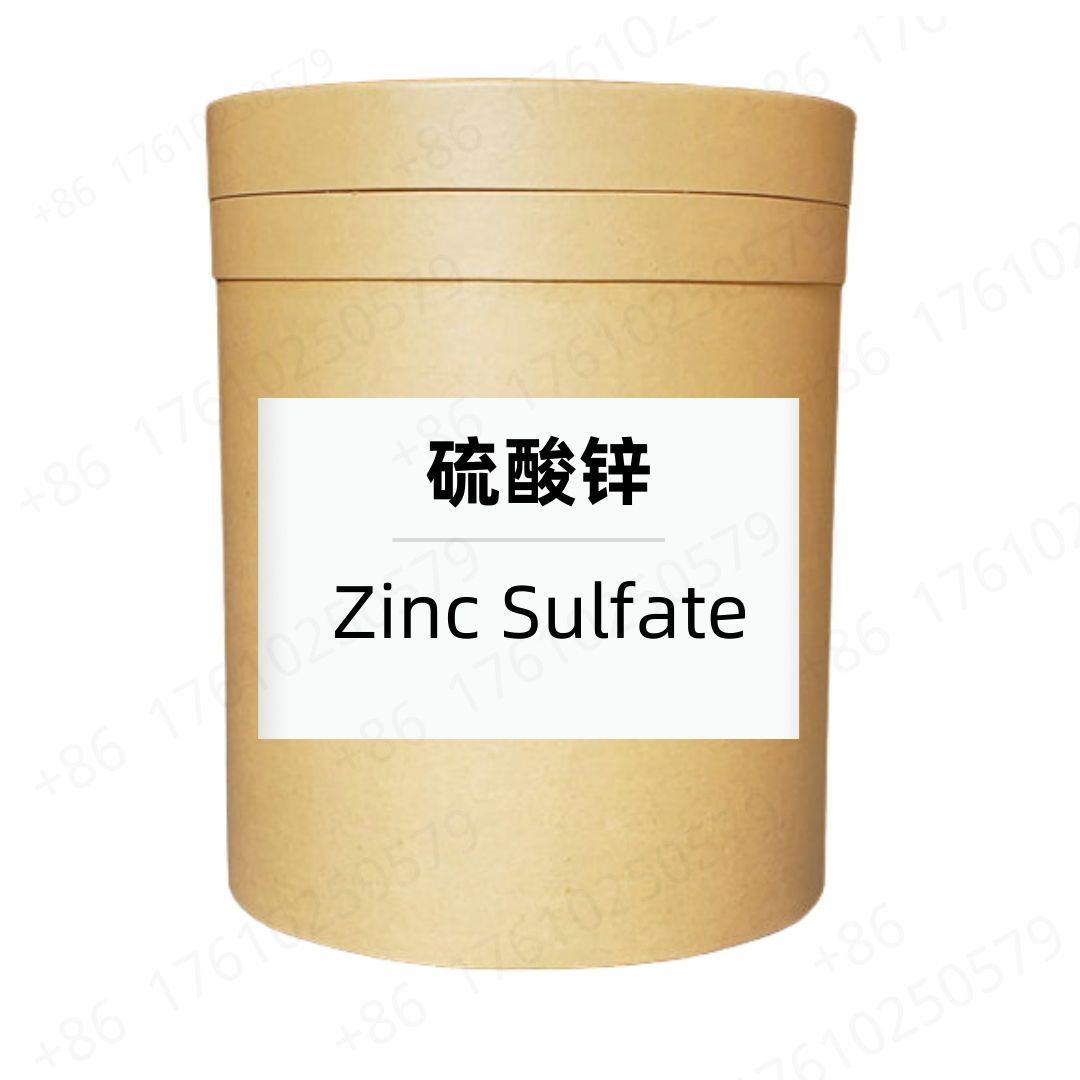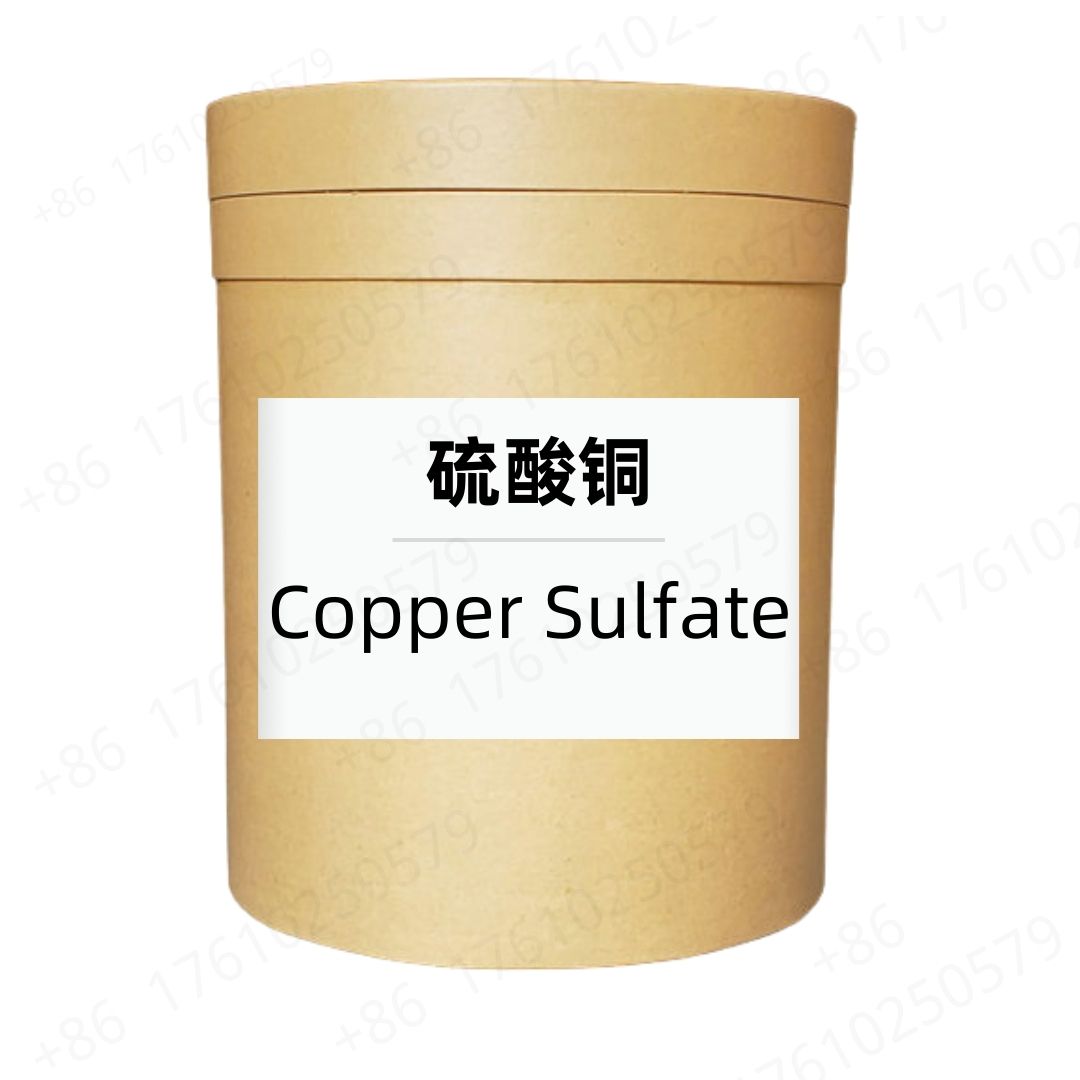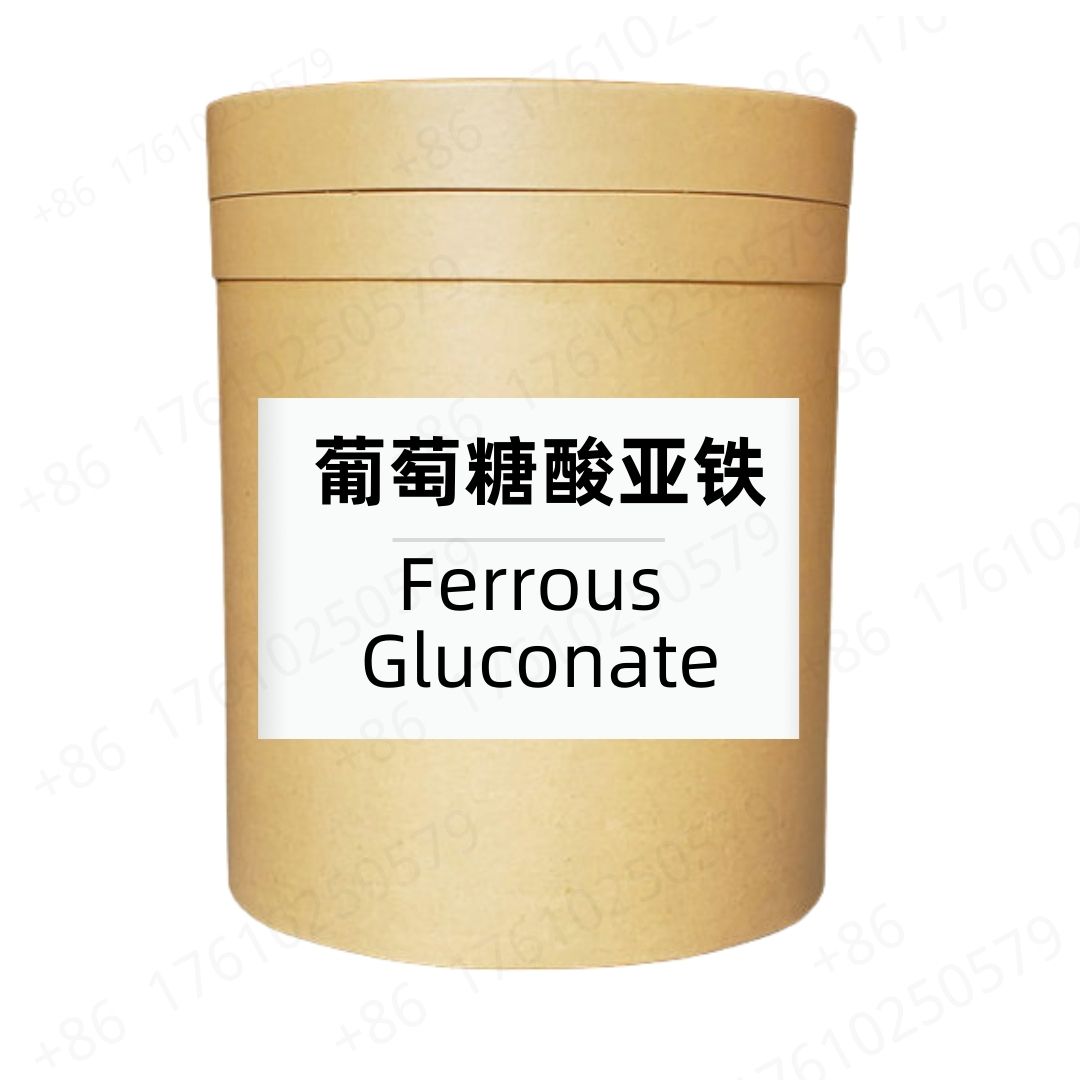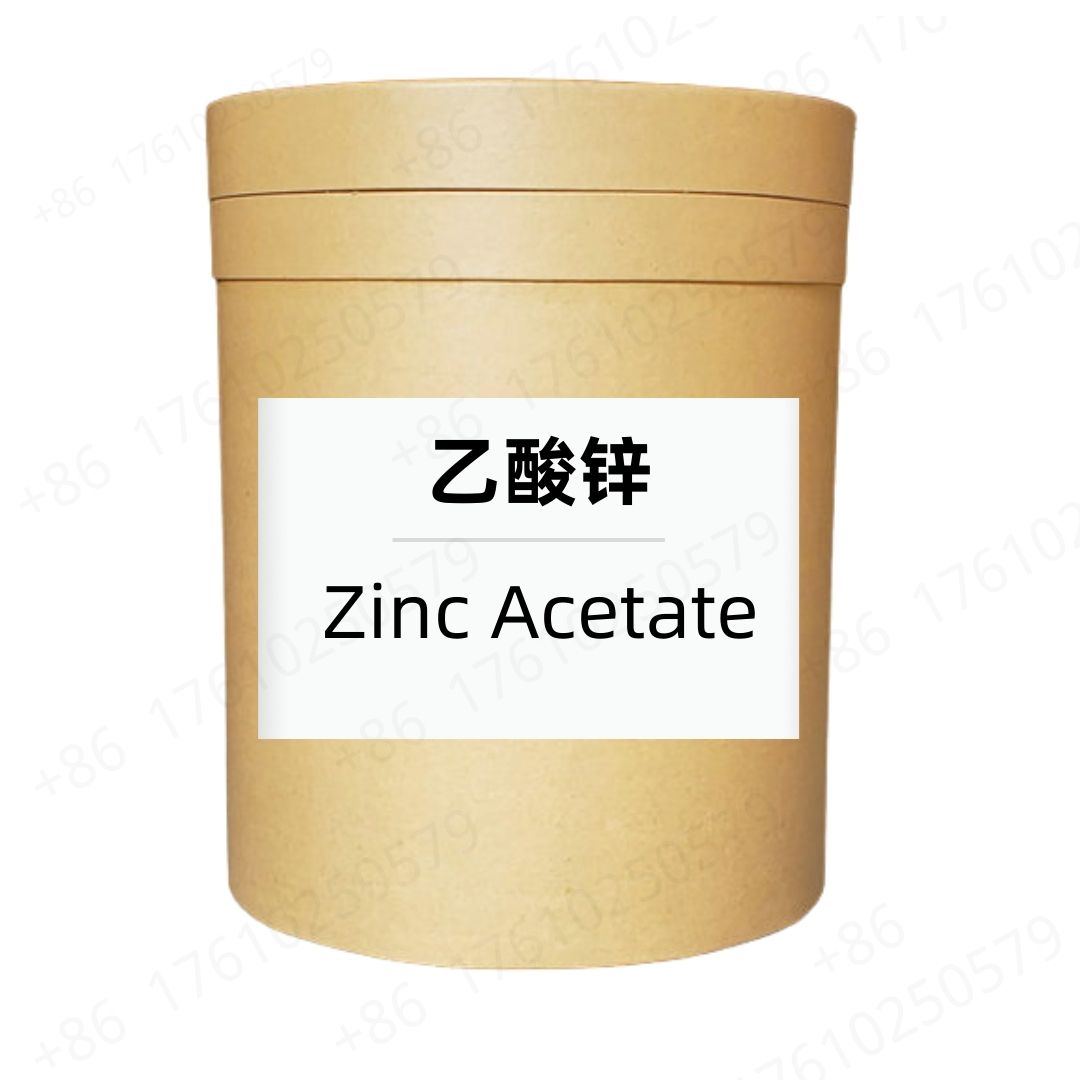Product Introduction
Ferrous sulfate, also known as iron(II) sulfate, is an inorganic compound commonly used as a supplement and fertilizer. It serves a crucial role in providing essential iron for both agricultural and nutritional applications. In agriculture, ferrous sulfate is pivotal in correcting iron chlorosis in plants, while in dietary supplements, it is a critical source of iron for individuals with iron deficiency. This compound not only benefits plant health but also plays a significant role in various industrial processes. Due to its versatility, ferrous sulfate is widely utilized in different sectors, including agriculture, pharmaceuticals, and water treatment.
Production Process
The production of ferrous sulfate typically begins with the oxidation of iron or iron scrap with sulfuric acid. This chemical reaction results in the formation of a diluted solution of ferrous sulfate, which is then concentrated by evaporation. After concentration, crystallization occurs as the solution cools, revealing the characteristic greenish-blue ferrous sulfate crystals. These crystals are subsequently filtered, dried, and packaged for distribution and use.
Product Functions and Effects
Ferrous sulfate is primarily recognized for its function as a source of iron, which is critical for numerous biological processes. In agriculture, it helps in addressing iron deficiency in plants by promoting chlorophyll production, facilitating photosynthesis, and enhancing overall plant growth. In the human body, iron is vital for the formation of hemoglobin, which carries oxygen in the blood. The intake of ferrous sulfate as a dietary supplement can alleviate symptoms of anemia and boost energy levels. Additionally, it contributes to detoxifying the environment when employed in wastewater treatments.
Product Application Scenarios
Ferrous sulfate finds its application in various scenarios, including agricultural practices to address soil deficiencies, enhance crop yield, and improve plant health. In healthcare, it is utilized as an iron supplement for individuals suffering from nutritional deficiencies and is often prescribed during pregnancy to meet increased iron needs. The compound is also effectively deployed in the treatment of wastewater, where it aids in the removal of impurities and enhances the overall quality of water. Furthermore, ferrous sulfate is involved in various industrial processes, including the manufacturing of pigments and as a reducing agent in chemical reactions.
Packaging and Storage
Storage Conditions: Store in a sealed, light-proof container, away from high temperatures, in a dry, cool, and well-ventilated place.
Packaging: Bulk: 25kg/fiber drum; Sample: 1kg/aluminum foil bag; Custom packaging available upon request.
Shipping Methods: FedEx, DHL, dedicated logistics, and sea freight consolidation.
Shelf Life: Two years
Monica Sun possesses extensive technical expertise and market insights in the food additives industry. She excels in designing efficient and safe additive formulations tailored to various food applications, ranging from sweeteners to functional dietary fibers. Monica has successfully assisted food manufacturers in optimizing ingredient combinations to enhance product quality and improve consumer satisfaction.















